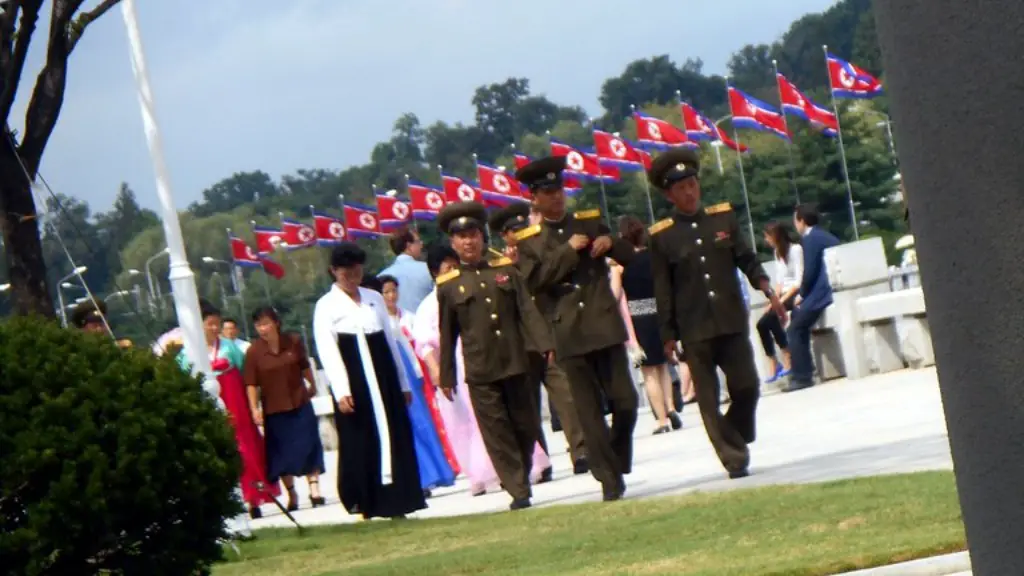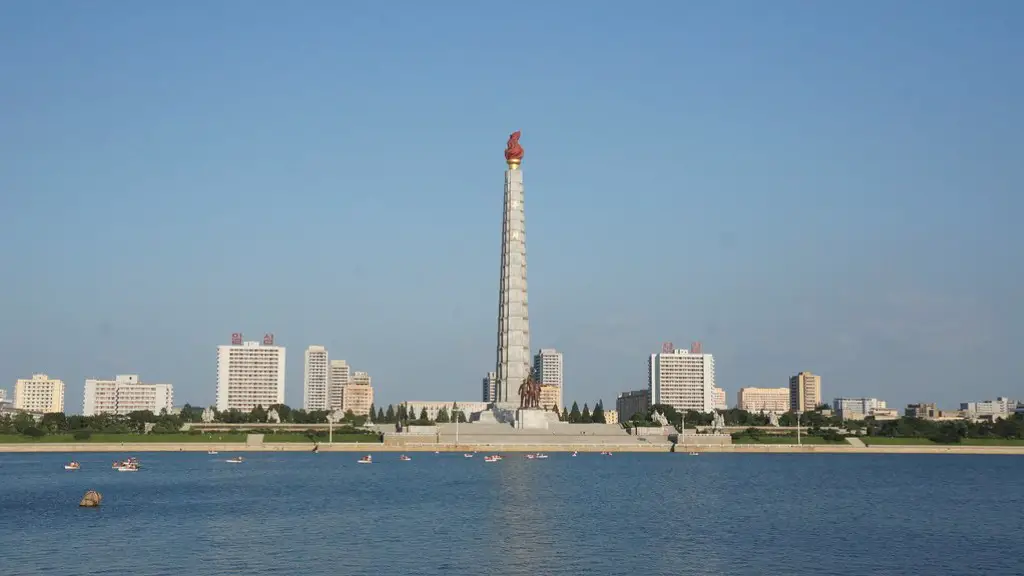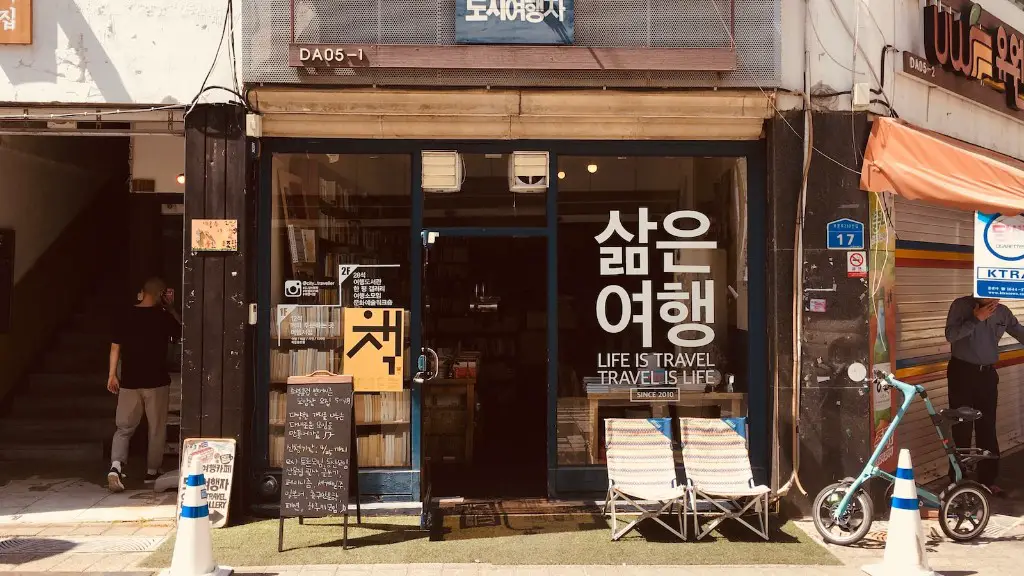As one of the world’s most reclusive and secretive countries, North Korea remains shrouded in mystery when it comes to its economy. Despite the fact that attempts have been made to open the country to foreign investment, the international community has been kept largely in the dark regarding the inner workings of North Korea’s economic system. A close examination of North Korea’s government structure and actions however, reveals that the country is indeed a command economy, a style of economic organization in which production, prices, and the distribution of goods and services are determined by the government.
A key characteristic of North Korea’s command economy is the complete control of the media by the ruling party, the Workers’ Party of Korea. The party strictly censors the media, including television, newspapers, magazines, and radio broadcasts, while the government maintains tight control over communication systems. This approach serves to maintain the country’s secretive nature and limit the potential for dissent among citizens. As a result, citizens are unable to access information from the outside world, meaning the government can shape the opinions of the vast majority of citizens in the country.
The government also exercises total control over the production and allocation of goods and services. It does so by instituting a centrally planned economic structure, wherein the government allocates resources amongst select industries and sets production goals for them. This primarily involves giving priority to heavy industrial and military production, while those involved in the production of consumer goods receive significantly less attention.
In addition, the government has adopted a variety of economic initiatives that are designed to redistribute wealth amongst citizens. These include a series of taxes that are used to fund public welfare initiatives, as well as providing subsidies and incentives to those involved in the production of certain goods and services. This socialist approach to economics serves to both strengthen the government’s control over the economy and maintain the loyalty of citizens.
Finally, North Korea’s command economy is driven by the leadership of the country’s supreme leader, Kim Jong-Un. Kim has used his country’s resources and funds to build a powerful military and maintain a grip on power. This has led to a number of sanctions being imposed on the country by the international community, which have had an impact on the country’s economy. Despite these sanctions, North Korea continues to pursue economic policies that are focused on maintaining the power of the ruling party.
Employment
Within North Korea’s command economy, employment opportunities are limited due to the government’s strict control over who is and is not allowed to work in various positions. Citizens who meet the government’s stringent criteria for roles in the military, government, or state-owned enterprises are generally allowed to take on these positions. However, those who do not meet the criteria, or who are deemed to be ‘undesirable’ according to the government’s standards, typically lack access to suitable employment opportunities.
The government also plays an active role in managing labour markets through its carefully designed employment policies. These policies are designed to ensure that the government can control the rate of employment and wages, while simultaneously redistributing wealth. As a result, wages are generally kept lower than in other economies, and the majority of the population are unable to build any substantial wealth.
Incentives
The government in North Korea also uses incentives to control economic activities amongst its citizens. In particular, the government provides subsidies, rewards, and access to certain privileges to citizens who are deemed to have contributed to the country’s economy. This enables the government to encourage certain behaviours from citizens, while simultaneously discouraging others.
The government also offers incentives in the form of financial aid and public health services, which are directed towards citizens who meet certain criteria. This approach serves to maintain the loyalty of citizens, while also rewarding those who behave according to the government’s preferences. The government also rewards citizens who contribute to the economy with special privileges, such as access to higher education, preferential access to certain goods, and more.
Poverty
North Korea’s command economy has also resulted in extreme levels of poverty amongst its citizens. This is due in part to the country’s limited access to global markets, as well as the government’s methods of redistributing wealth. It has been estimated that the country’s GDP per capita is amongst the lowest in the world, with over 60% of the population living below the poverty line.
The state of poverty in North Korea has led to citizens in the country living in cramped, underequipped living spaces, surviving on a meager diet, and having limited access to basic resources. The resulting economic inequality that is present in the country has also contributed to a number of social problems, such as youth unemployment and crime.
Conclusion
North Korea is a command economy that is characterised by strict government control over the media, production and allocation of resources, and employment policies. The effects of this are felt by citizens as the government shapes their opinions, limits their access to consumer goods, and keeps wages and living standards extremely low. It is clear then, that the country’s command economy ultimately serves the interests of the ruling party and the supreme leader, rather than the population of North Korea as a whole.



